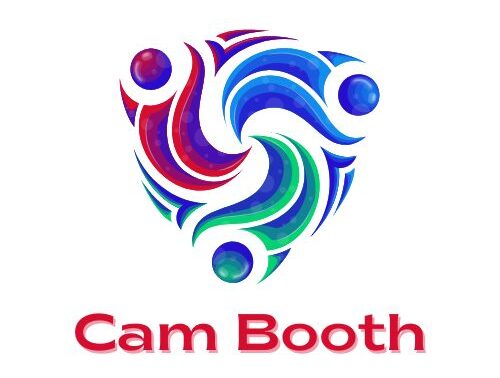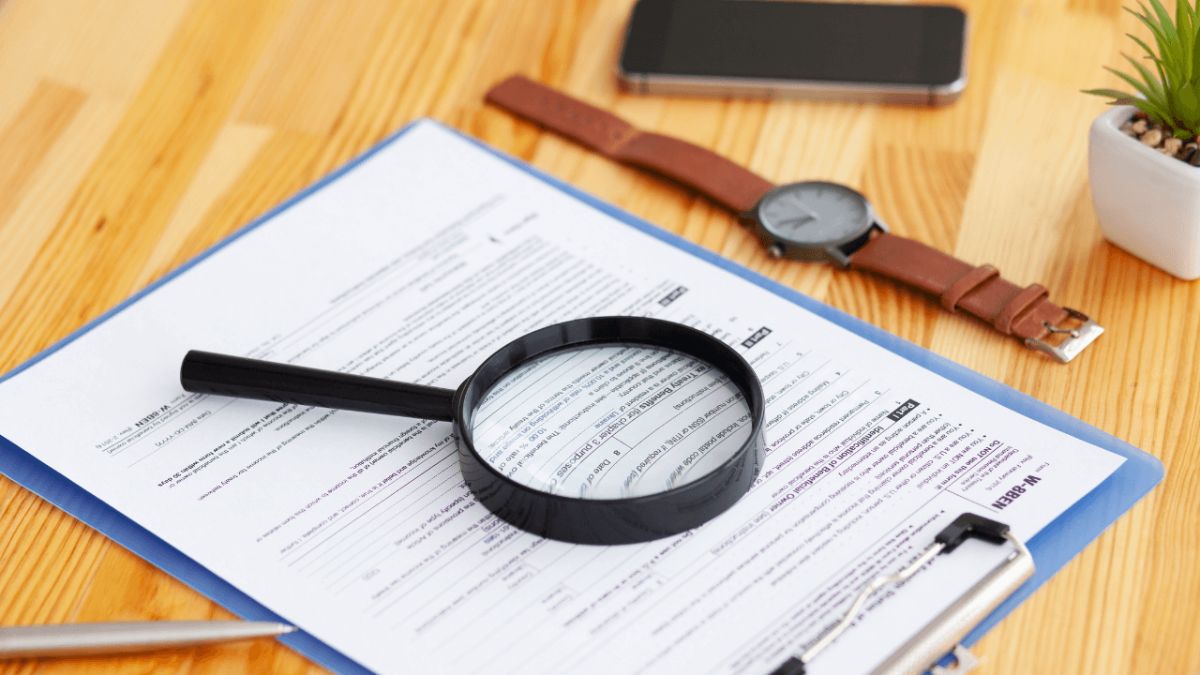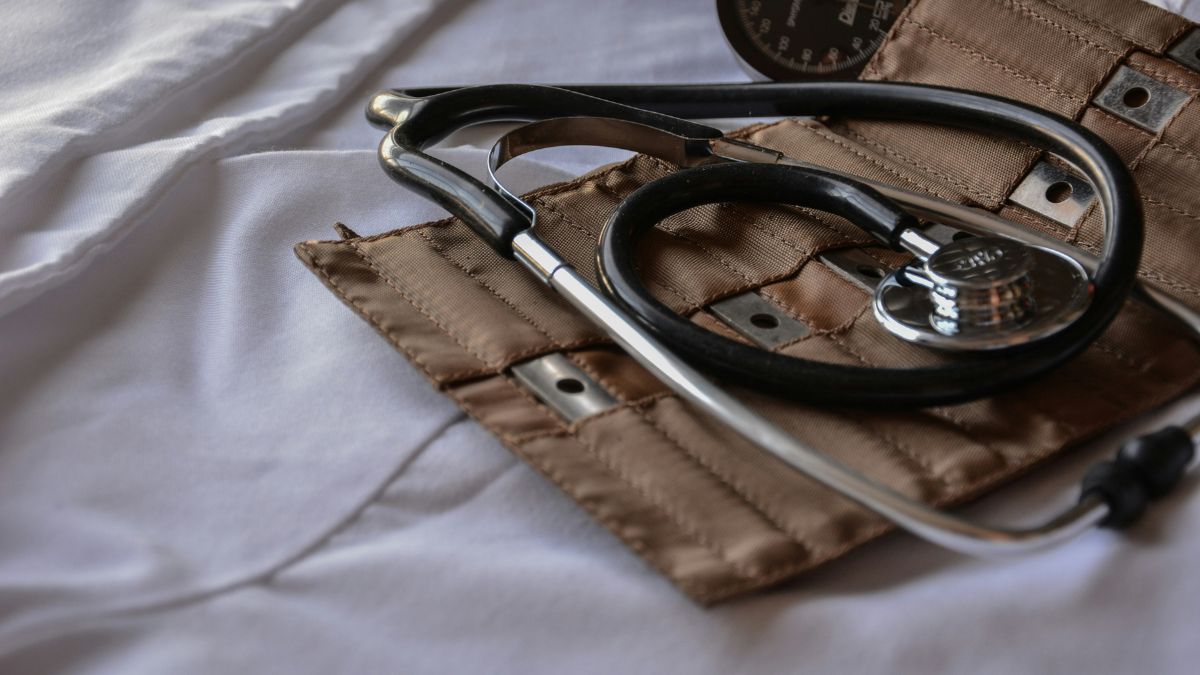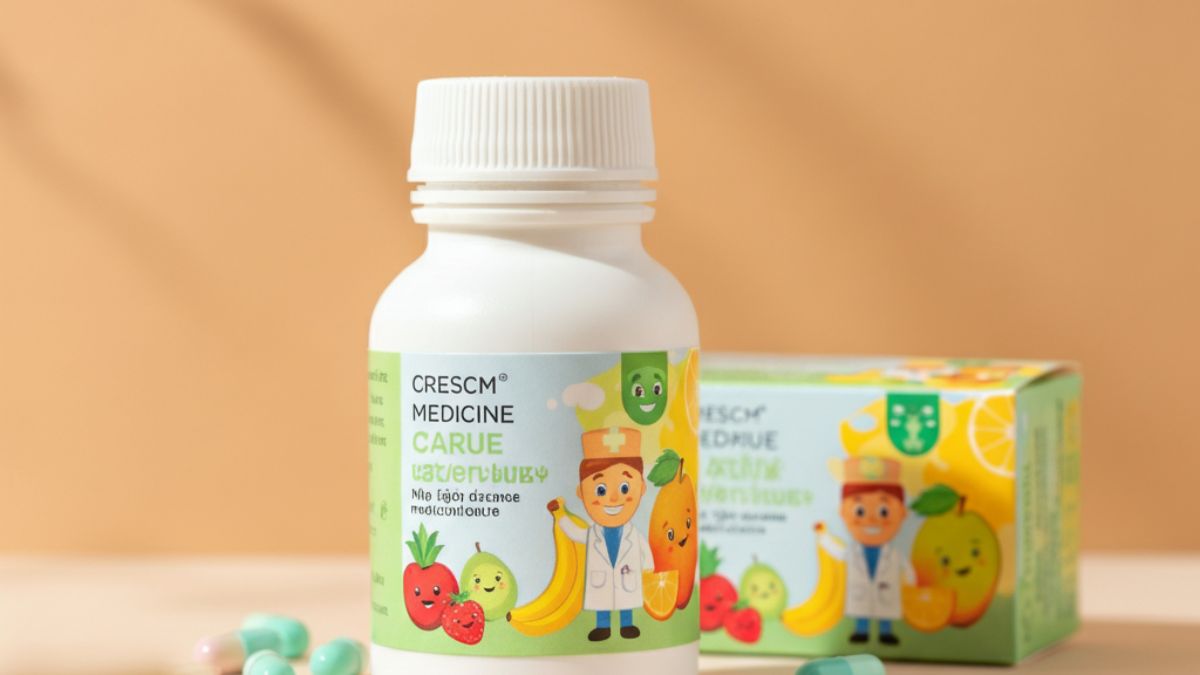When cold and flu season hits, managing symptoms can be a challenge—especially for those with high blood pressure. Over-the-counter (OTC) medications are typically a go-to solution for relief, but did you know some may not be safe if you have hypertension? If you’re juggling congestion, headaches, or sore throats while managing blood pressure, choosing the right medicine is essential.
This guide will walk you through the types of cold medicine to avoid, safer alternatives, and tips for staying healthy without compromising your cardiovascular health.
Why Certain Cold Medicines May Be Dangerous for High Blood Pressure
Many cold medicines contain ingredients that can raise your high bp or interact with the medications you’re taking for hypertension. Understanding the risks can help you avoid potential complications and find better solutions.
Key Ingredients to Watch Out For
- Decongestants (e.g., Pseudoephedrine, Phenylephrine):
Found in many cold and flu medications, decongestants work by narrowing blood vessels in your nasal passages to reduce congestion. Unfortunately, they can also narrow blood vessels throughout your body, leading to an increase in blood pressure and heart rate.
- NSAIDs (e.g., Ibuprofen, Naproxen):
Nonsteroidal anti-inflammatory drugs (NSAIDs) are common in multi-symptom medications and standalone pain relievers. While effective for treating aches and pains, NSAIDs can cause fluid retention and reduce the effectiveness of blood pressure medications.
- Alcohol-Based Cough Syrups:
Some cough syrups contain alcohol, which can interfere with high bp medications and may raise high bp in excessive amounts.
High Blood Pressure Medications and Cold Medicines
Hypertension medications such as beta-blockers, diuretics, ACE inhibitors, and calcium channel blockers help control blood pressure levels. However, when combined with unsuitable cold medicines, the interaction may counteract your prescription’s effectiveness or even pose serious health risks.
Cold Medicine Ingredients That Are Safer
While some OTC medications come with risks, there are options suitable for individuals with high BP. Look for products labeled “cold medicine for heart patients,” or try options with the following active ingredients:
- Nasal Saline Sprays:
A natural and safe way to relieve nasal congestion, saline sprays hydrate and flush out your nasal passages without affecting blood pressure.
- Acetaminophen:
Better for pain and fever relief, acetaminophen doesn’t carry the same risks to blood pressure as NSAIDs.
- Non-Alcoholic Cough Syrups:
These syrups are ideal for managing cough without the risks posed by alcohol-based alternatives.
- Expectorants (e.g., Guaifenesin):
If mucus buildup is a problem, guaifenesin is a safe ingredient to help you thin and loosen mucus without affecting your blood pressure.
Always read labels carefully and opt for medicines explicitly marked as safe for people with blood pressure or cardiovascular conditions.
Ingredients to Ask Your Doctor About
While some OTC remedies may seem “safer,” it’s crucial to consult your doctor or pharmacist, especially if you’re taking prescription medications. Here are a few ingredients that may work for some but still require approval from your healthcare provider:
- Antihistamines (e.g., Diphenhydramine, Loratadine): These are common in cold medicines to reduce sneezing and runny noses. While some antihistamines may be safe, they may cause drowsiness or interact poorly with certain medications.
- Herbal Remedies: Certain herbal solutions such as eucalyptus or echinacea might ease symptoms. However, these can interact negatively with blood pressure drugs, so seek guidance first.
Tips for Managing Cold Symptoms Without OTC Medications
If the idea of sorting through medicine labels feels overwhelming, you’ll be relieved to know there are other remedies to ease your symptoms safely while managing blood pressure. Here are some non-medicinal approaches:
- Stay Hydrated:
Drinking plenty of water helps thin mucus, keeping your nasal passages clear and your body better equipped to fight off the cold virus. Warm beverages like herbal tea (without caffeine) can provide relief for a sore throat.
- Use a Humidifier:
Adding moisture to the air can soothe irritated nasal passages and help you breathe more easily—especially at night.
- Elevate Your Head:
If congestion is keeping you up at night, prop up your head with an extra pillow to encourage mucus drainage and reduce nasal swelling.
- Gargle with Warm Salt Water:
This can ease throat discomfort by reducing swelling and flushing out irritants in the back of your throat.
- Try Steam Therapy:
Place your head over a bowl of warm water, cover it with a towel, and inhale deeply. The steam can loosen mucus and relieve nasal congestion.
- Get Plenty of Rest:
A well-rested body heals faster. Use this as an excuse to catch up on sleep while your body fights off the virus.
How to Choose the Right Medicine for High Blood Pressure
The key to safely managing your symptoms is personalization. Here’s what you should do before choosing or taking any medication:
- Read Labels Carefully:
Look for products specifically marked as safe for individuals with high BP.
- Avoid Multi-Symptom Medicines:
These often contain unnecessary ingredients that you don’t need, making it challenging to gauge their safety.
- Keep a Medication List Handy:
Share a list of any medications or supplements you’re taking with your doctor or pharmacist to avoid harmful interactions.
- Ask Questions:
If you’re unsure, consult your healthcare provider or pharmacist. They can recommend suitable options tailored to your needs.
Final Thoughts on Cold Medicine for High Blood Pressure
Catching a cold while managing this blood pressure can add an extra layer of complexity, but understanding your options makes all the difference. Be mindful of the risks associated with certain ingredients like decongestants and NSAIDs, and don’t hesitate to reach for safer alternatives like saline sprays, acetaminophen, and non-alcoholic syrups. Incorporate non-medicinal remedies into your routine to find relief while keeping your health in check.
Remember, your health should always come first. If you’re unsure about what’s best for you, consult your doctor or pharmacist before making any changes to your treatment plan.
Stay warm, stay safe, and don’t let a pesky cold get the better of you.
FAQs About Cold Medicine and High Blood Pressure
1. Can I take over-the-counter cold medicine if I have high blood pressure?
Yes, but you need to choose cold medicines carefully. Avoid decongestants like pseudoephedrine and phenylephrine, as they can raise blood pressure. Instead, opt for treatments such as saline sprays, acetaminophen, or medications labeled as safe for people with blood pressure.
2. Are there any natural remedies that are safe for colds and high blood pressure?
Absolutely. Natural remedies like using a humidifier, drinking warm fluids like herbal teas, and utilizing saline nasal rinses can help alleviate cold symptoms without impacting your blood pressure.
3. Why are decongestants bad for people with high blood pressure?
Decongestants work by narrowing blood vessels to reduce nasal swelling, but this can also cause a rise in blood pressure. If you have hypertension, this increase can be risky.
4. What should I do if I accidentally take a medicine that contains decongestants?
Don’t panic, but monitor your high bp closely and contact your healthcare provider for guidance. They can give you advice on how to manage the situation and whether additional action is required.
5. Can I use cough syrups?
Non-alcoholic cough syrups that don’t contain decongestants or NSAIDs are safer options. Always check the label and consult your pharmacist to ensure the product is suitable for you.
6. Should I consult a doctor before using cold medicine?
Yes, it’s always a good idea to talk to your doctor or pharmacist before starting any new medication, especially if you have chronic conditions like high bp. They can recommend the safest options for your situation.










